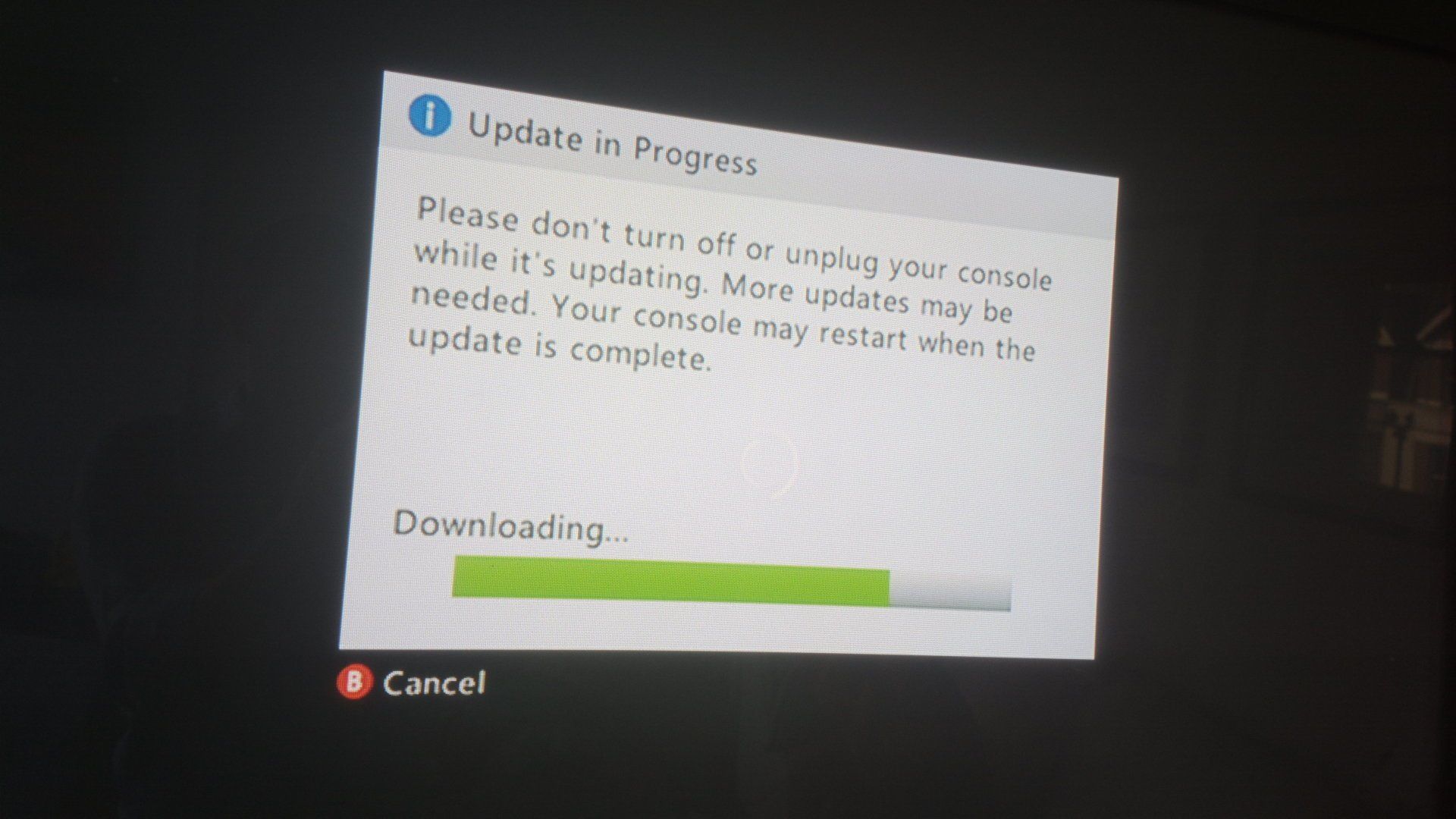Self Employed People Get to Retire Too–If they Plan Well
“You’ve worked hard to build your own business, and you love the perk of being your own boss. However, going solo does come with one big challenge: It can be tough to save enough for retirement.”
People who work for companies have access to perks like 401(k) plans, with automatic deductions that let them put retirement savings on autopilot. However, when you work for yourself, it’s all up to you, says Zing!
in the aptly-titled article “Saving for Retirement When You’re Self-Employed? It Takes Planning and Commitment.”
If you have the discipline and self-motivation to run a business, you should be able to apply those skills to your retirement.
Here are some tips for self-employed people who are concerned with building their retirement savings.
Embrace a budget. One of the biggest challenges is income that fluctuates. It’s hard to save when one month has you earning $10,000 and $3,000 the next month. You’ll need to create a budget and stick with it, including budgeting a percentage of your income for retirement. While you’re creating a budget, set goals for short- and long-term objectives to keep your budgeting focused.
A budget should include necessary expenses for each month, including mortgage or rent, car loans and credit card payments. Include groceries, transportation, and health care costs. Some self-employed people pay for some items like transportation or entertainment out of their business accounts. If you do that, just work with one budget, so you can measure spending. There is no need to split things out for yourself. You should then look at discretionary items like vacations, entertainment, gym memberships, clothing and things that are not basic necessities.
Now see what’s left at the end of the month. If there’s no regular stream of money going into retirement savings because there’s not enough after spending, you may need to make some changes.
Create an item in your expense budget for retirement savings. Make it automatic. Set a fixed amount of your income, by dollar amount or percentage of monthly income, and put it away every month for your retirement. This takes discipline at first and then becomes a habit. Once you see how the account grows, you’ll be more inclined to continue.
Talk with your accountant about the best savings vehicle for you. Some self-employed individuals use a “solo” 401(k) account, known as a SEP or Self-Employed 401(k). Designed for employers who have no employees other than themselves (or their spouses), it offers the same benefits as traditional 401(k)s. In 2019, you can contribute up to $19,000 when contributing as an employee , or up to $24,500 if you are 50 and older. As an employer , you can contribute up to 25% of your compensation – not counting catch-up contributions for those 50 and older, you can go as high as $55,000 in 2019.
Another factor if you are self-employed is your estate plan. Entrepreneurs are often so busy working on their business, that they forget about the legal side of their personal lives. You need a will, power of attorney, health care power of attorney and, depending on your business and life situation, a succession plan.
Reference: Zing! (Jan. 7, 2019) “Saving for Retirement When You’re Self-Employed? It Takes Planning and Commitment”










